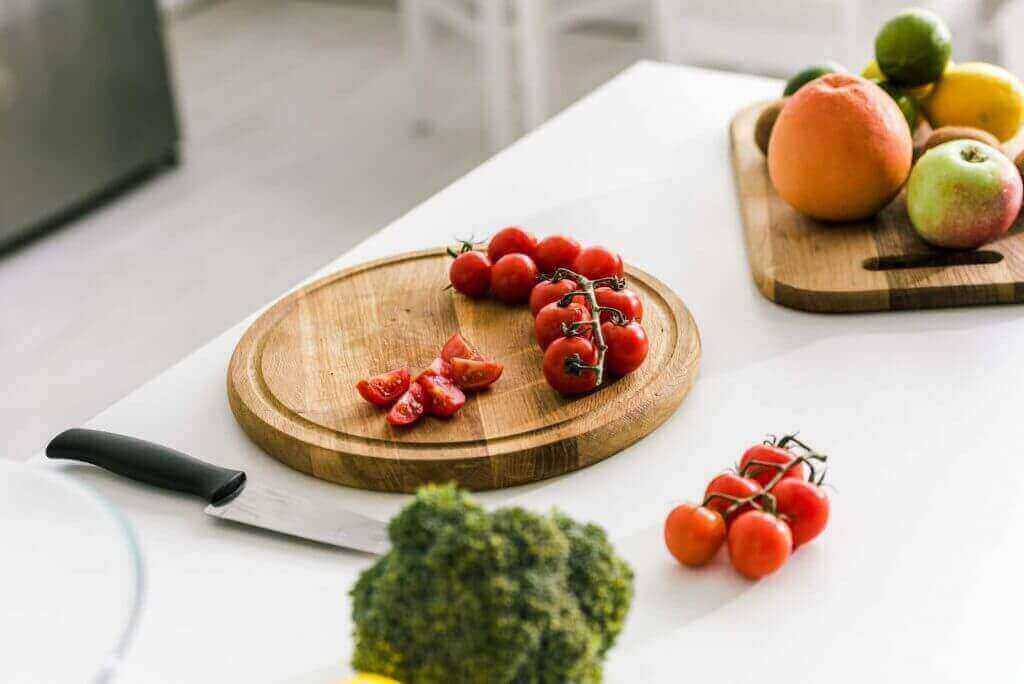👋 Click the mic button to talk to Alfred, the Todd's Seeds Gardening/Sprouting Expert – Feel free to ask him anything!
Ask Virtual Todd Anything - Click the Mic
Vegetables make up a big part of our lives, but what do we really know about them? We know what they look and taste like, and that we should eat them every day. But why it is important to eat vegetables? Take a look at our fun facts about vegetables below to find out.
Why is it Important to Eat Vegetables?
Our modern, fast-paced lives crave convenient, high-energy foods, and eating vegetables often seems like a chore. It’s important for our health, and the well-being of the planet, that we keep our diets balanced with vegetables. Eating vegetables will improve your health, mood, physique, and sleep patterns. It will also increase your energy, boost brain function, and may help defend against diseases such as diabetes and cancer.
Fun Facts About Vegetables #1: The strong tint in beetroot juice can be used to dye hair.
What are the 5 Reasons why Vegetables are Important?
Why is it important to eat vegetables? There are many so many reasons but we can group them into 5 main points:
1. Nutrition
Vegetables are our main source of vital nutrients, vitamins, and minerals. Each vegetable has unique nutritional content. This is why it’s important to eat a wide range of different vegetables.
2. Gut Health
The fiber in vegetables is essential for gut health. We need fiber to keep our digestive systems running smoothly.
3. Balanced Diet
As well as being super nutritious, vegetables are low in fat, sodium, calories and don’t contain bad cholesterol. This means that they should make up a large part of a healthy, balanced diet.
4. Disease Prevention and Defense
Eating vegetables regularly will boost your immune system. It can also help prevent diseases such as diabetes, hypertension, and cancer.
5. Boost Psychical and Mental Performance
It’s a fact, we feel better when we eat more vegetables. Not only does eating vegetables improve your mood but it will also improve your physical and mental performance.
Fun Facts About Vegetables #2: Pumpkins are a fruit! So are tomatoes, bell peppers and cucumbers.

Why are Fruits and Vegetables Important?
The reason why fruits and vegetables are important is that they provide us with essential vitamins and minerals. It’s hard to find these vital nutrients in other food sources and they can’t be fully replaced with supplements. Vegetables should make up a large part of the food you eat to have a healthy, balanced diet. They’re so important to health that the government recommends eating three to five servings of fruits and vegetables per day. Eating fruits and vegetables is essential for maintaining a healthy weight, cardiac rhythms, and eye health.
Fun Facts About Vegetables #3: The peel of vegetables is usually the most nutritious part. Try leaving the skin on your veggies when you eat them.
What are the 10 Best Vegetables?
The best vegetables to eat are organic ones or better still, ones that are grown at home from vegetable seeds. When you’re choosing the best vegetable to eat or grow then the following ten should be on your list:
1. Garlic
Garlic is one of the most healthy vegetables around. This tasty bulb vegetable is fantastic for your immune system and can even help to reduce high blood pressure.
2. Beets
Beets contain a huge range of different nutrients that are vital for good health, including folates and potassium.
3. Carrots
Carrots are full of beta carotene and carotenoids. These nutrients are not only good for your eyes, but they’re also great for your skin too.
4. Spinach
Spinach isn’t only rich in iron, it also contains many other vital nutrients such as calcium, magnesium, potassium.
5. Broccoli
Broccoli is one of the best vegetables you can eat for maintaining heart health.
6. Tomatoes
Juicy red tomatoes are packed full of antioxidants and they can help protect your skin against sun damage.
7. Asparagus
Asparagus is full of folates and Vitamins A and C making it great for your skin and bones.
8. Swiss Chard
Swiss chard is a delicious leafy green that’s full of magnesium, potassium, iron and fiber.
9. Green Peas
Green peas may be small but they’re a superfood when it comes to nutrition.
10. Sweet Potatoes
Sweet potatoes are full of potassium, fiber, and vitamin C.
Fun Facts About Vegetables #4: It’s not just broccoli that’s good for your heart. All cruciferous such as broccoli, cauliflower, and Brussel sprouts can help with heart health.

What Happens if You Don’t Eat Vegetables?
Why is it important to eat vegetables? If you don’t eat vegetables then you’re not giving your body the fuel it needs for optimum performance. An insufficient intake of vegetables can lower your immune system and leave you feeling low, unmotivated, tired, and stressed out. When you don’t include vegetables in your diet, you’re more susceptible to a whole range of chronic illnesses.
These include high blood pressure, diabetes, scurvy, osteoporosis, and even blindness. The fiber in vegetables helps your digestive system work and makes you feel full and satisfied. When you don’t eat vegetables, your digestive system won’t work properly and this will cause bloating, constipation and IBS. You`ll also have more unhealthy food cravings and a tendency to gain weight.
Fun Facts About Vegetables #5: Eating too many carrots can turn your skin orange. The condition is called carotenemia.
Are Potatoes Vegetables?
There’s a lot of debate surrounding the health benefits of potatoes. Questions are often raised about whether or not they contribute to your daily recommended vegetable intake. Potatoes are vegetables. But because they’re full of starch and often consumed in unhealthy ways they’re not considered to be a healthy vegetable. However, potatoes are a great source of complex carbohydrates, fiber, vitamin C, and potassium. To enjoy the maximum nutritional benefits of potatoes then eat them steamed or boiled with their skins on.
Fun Facts About Vegetables #6: Sweet potatoes contain more vitamin C than oranges and more potassium than bananas.
As you can see from these vegetable health facts, vegetables are an essential part of our diet. Without vegetables, our bodies can’t function properly, we’re more prone to illness and generally have less vitality. When you make the effort to eat more vegetables, you´ll notice the health benefits immediately.
You can also watch the video version of this article below.
Subscribe to our channel for more gardening and sprouting videos: Todd’s Seeds Youtube Channel